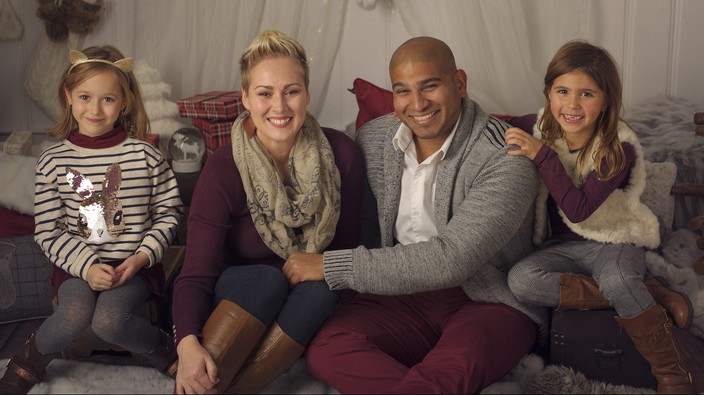by the time i went to bed that night, i had a bruise probably a little bigger than a toonie (a $2 coin) that was a deep green colour on my leg. i also noticed little red spots on my arms. in the morning i called telehealth, which unequivocally, without question, saved my life. at the end of the assessment the nurse recommended that i go to the nearest emergency room as soon as possible.
i got my daughter ready for school, dropped her off and i drove myself to the georgetown hospital. i sat down with the triage nurse and told her the story: that i locked a muscle in my hip, then started taking this medication and about 24 hours afterwards, i started bruising. i also mentioned that i was also having heavy menstrual bleeding. she said, “so you’re here for a heavy period.”
i told her that i needed to see a doctor. her response was, “well, we’re not very busy this morning, so i guess we can take a couple of vials of blood.” the registration nurse comes in, registers me and tells me to go sit in the waiting room to be called in. i leave the triage area and go straight into the washroom because i’m bleeding, and i stayed in there until i heard my name called.
when the doctor came into the examining room, she asked me some questions and arranged to have blood work done. she was back in 30 minutes and said that something “looked funny” in my blood — i had almost no platelets. platelets are what causes your blood to clot. i was literally bleeding to death because my body didn’t have any platelets. then she said that it could be something as simple as “my spleen eating up my platelets, or it could be cancer.” just like that.
 9 minute read
9 minute read





















